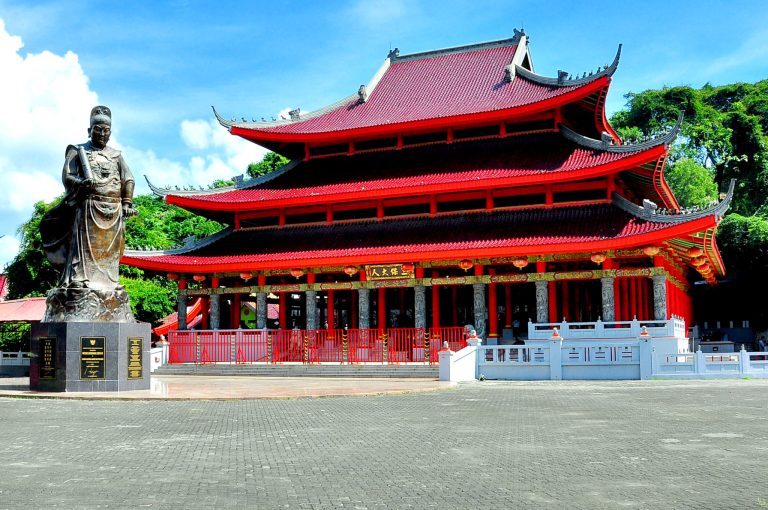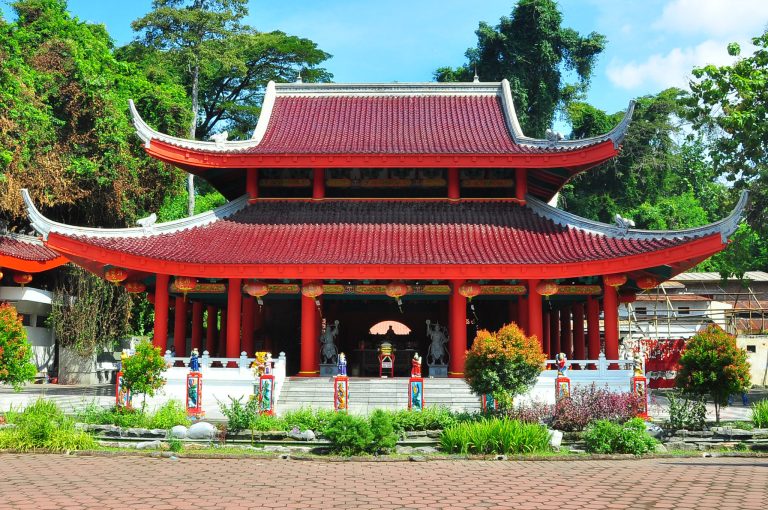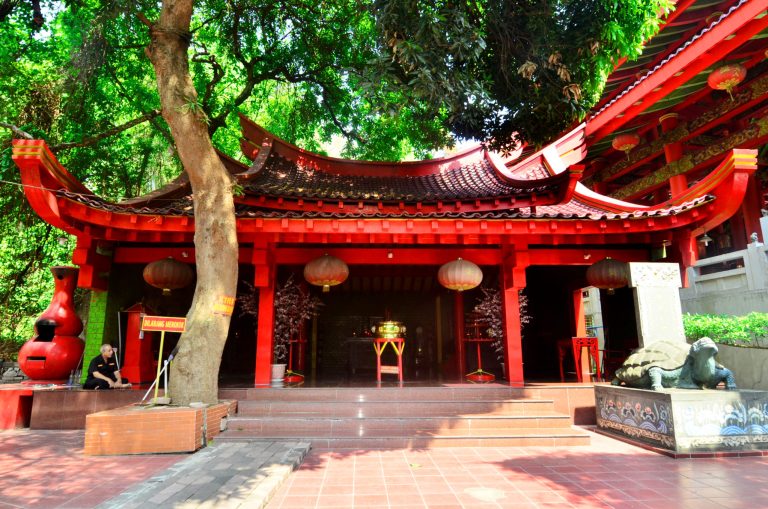Discover The History Of Sam Poo Kong Through The Cheng Ho Festival 2022
Saturday (30/7) will be the anniversary of Admiral Cheng Ho's arrival in Semarang City on the 617th. This commemoration is created in a Cultural Festival entitled Cheng Ho Festival.
The event will begin with a cultural procession from the Tay Kak Sie Temple in Chinatown then the highlight of the event will take place at the Sam Poo Kong Temple on Jl. Simongan or known as Gedong Batu. In addition to cultural processions, the Festival is also enlivened with performances of Lion Dance, Reog, Rampak Buto, and other traditional dances.
This Festival can be a special moment for visitors to discover the history, especially the story of the arrival of Admiral Cheng Ho and the Sam Poo Kong Temple.
Quoted from shampookong.co.id, Admiral Zheng He (Cheng Ho) came to Simongan Beach, Semarang in 1416 because his helmsman, Wang Jing Hong, was ill. Then, Zheng He (Cheng Ho) made a stone cave as a place to rest and cure Wang Jing Hong. While the helmsman was under treatment, Admiral Zheng He continued his voyage to the east.
While in Simongan, Wang interacted with the local people. In 1417, in honor of his leader, Wang made a statue of Zheng He. This is the beginning of the construction of the Sam Poo Kong Temple.
Admiral Zheng He was born with the name Ma San Bao. That's why the pagoda for Zheng He uses the name Sam Poo Kong. In the Hokkien dialect, Sam Poo Kong or San Bao Dong (Mandarin) means San Bao cave.
Wang died at 87 and was buried in the area. The people named the location Kyai Juru Mudi's Tomb.
In 1704, the stone cave collapsed due to a landslide, the community built an artificial cave which is located next to the Tomb of Kyai Juru Mudi. During its journey, Sam Poo Kong Temple has several restorations. A massive revitalization was carried out by the Sam Poo Kong Foundation in January 2002 and completed in August 2005 with the 600th anniversary of Admiral Zheng He's arrival on the island of Jawa.
Well, Is it interesting to learn history through cultural festivals? Let's explore more! Because history is a bridge that connects the past and the present to the future. (admin)



